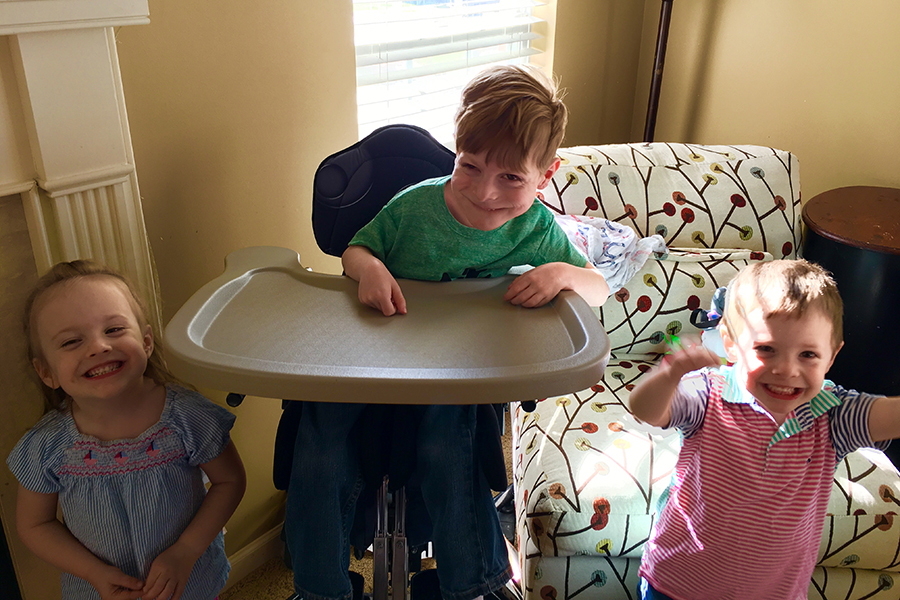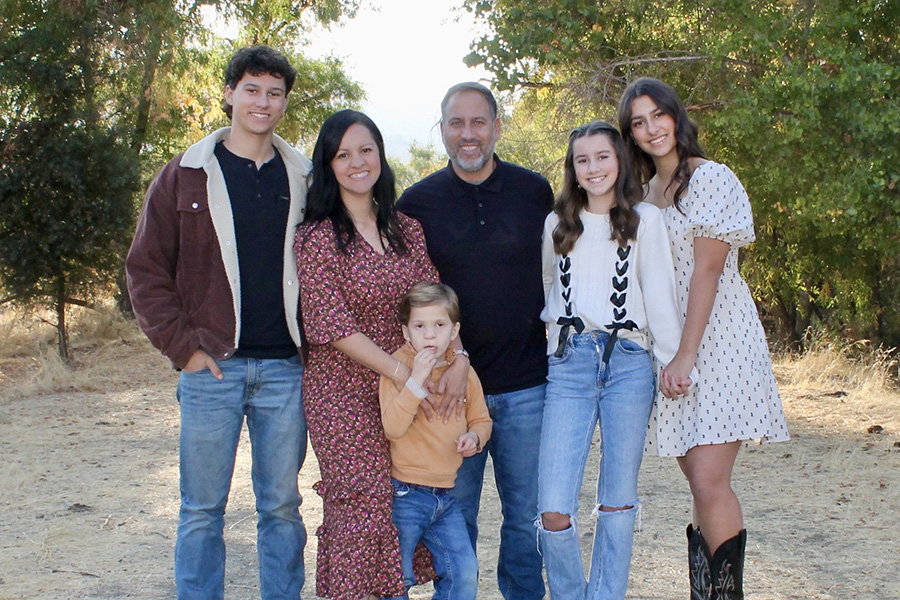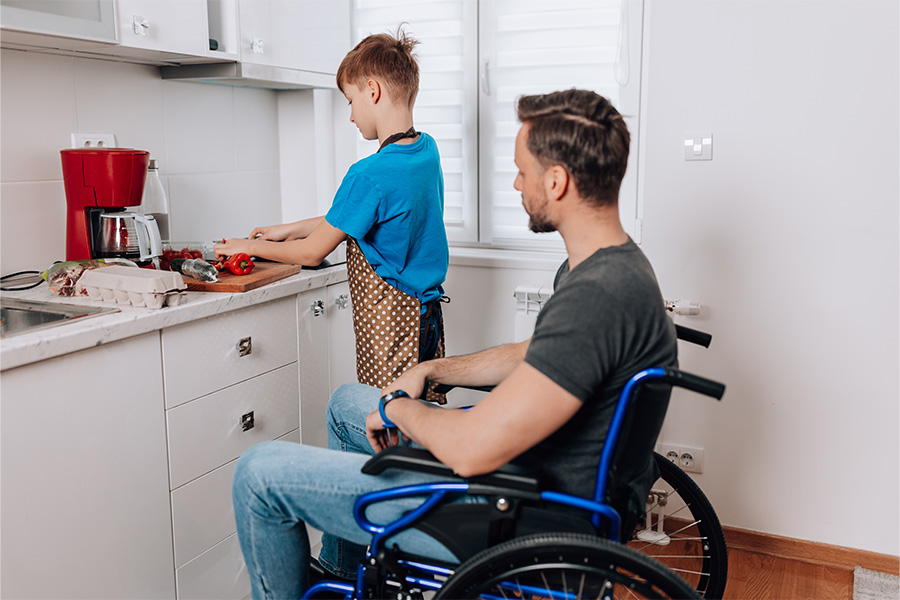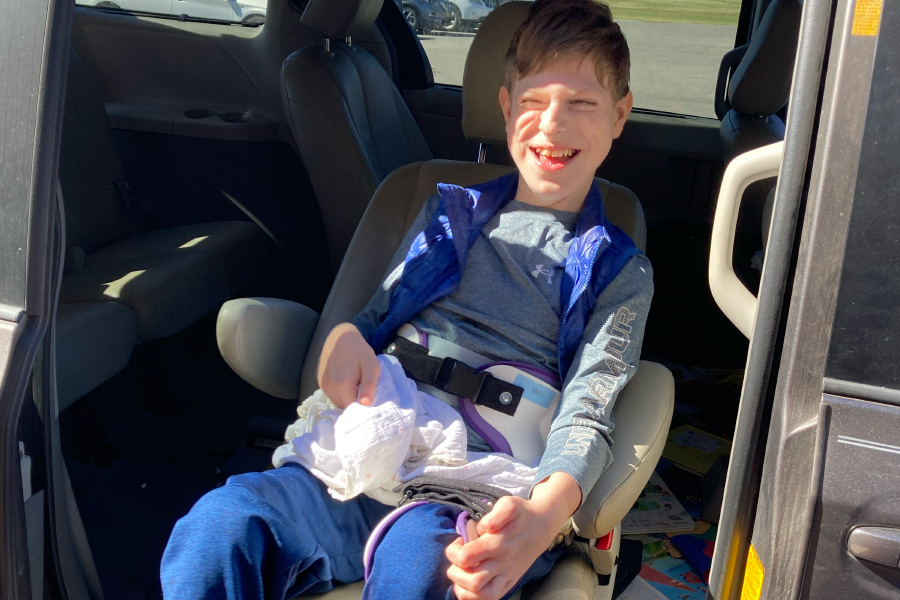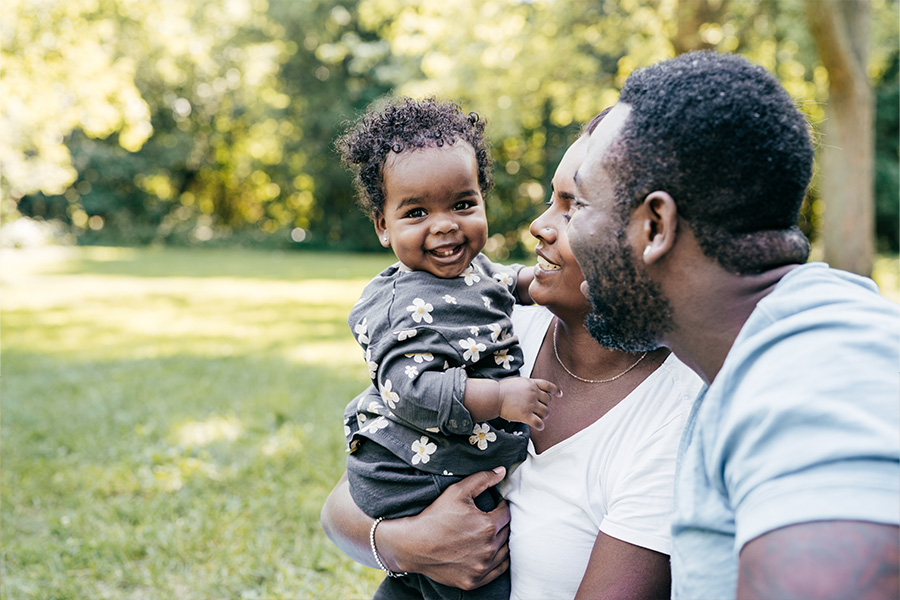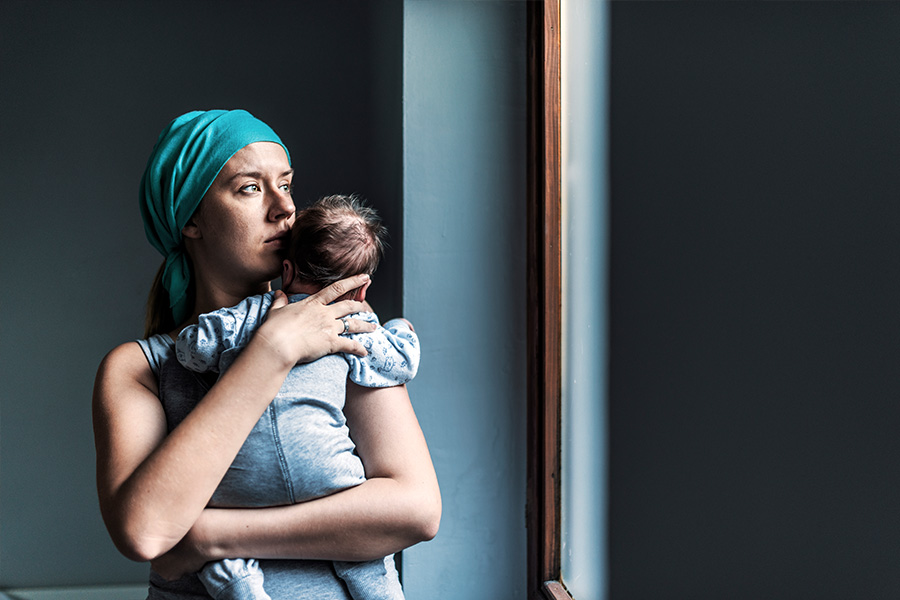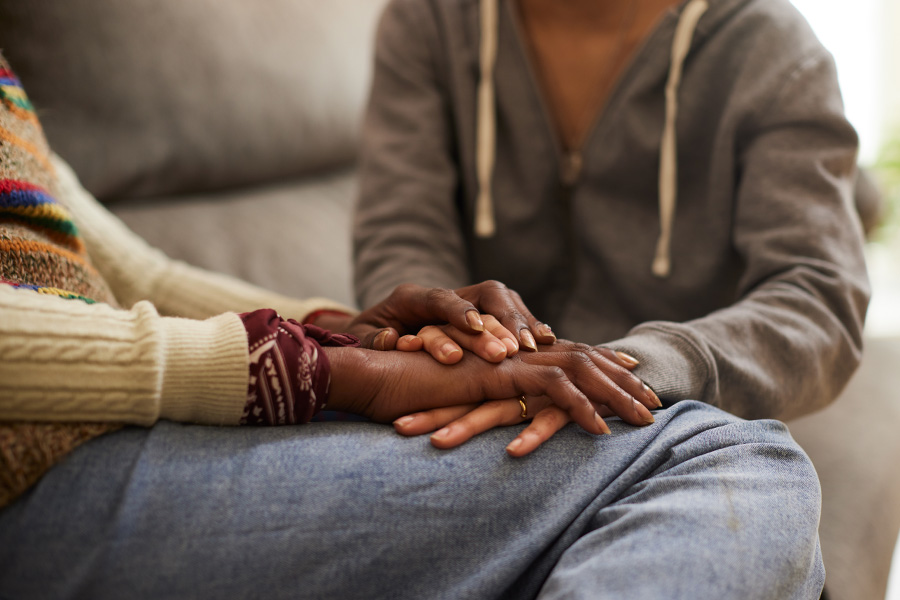Parenting Children with Special Needs: I’m So Good I Failed My Kids
I am sitting in a tiny chair around a tiny table with four other adults, including my husband. Everyone has folders and pens. I wish I had something to hold, something to pretend to take notes on other than my phone which keeps lighting up with reminders to “pick up the kids” from the preschool which I am now at. I turn it face down on the tiny table. I do not want to be the grownup who is “on her device” while everyone else is talking.
At this point before the meeting has begun, I am in “good parent” mode, as in “on my best behavior” but also, I think I am a pretty good parent. I do the best I can with the resources and personality type and children at my disposal.
And yet here I am, in my first parent-teacher conference, at least the first for my three-year-old son. We’ve had plenty for his older brother, plenty of IEP meetings and therapy evaluations and modification meetings because of his cerebral palsy. I look at the walls where a laminated caterpillar crawls through a stack of books towards what looks like a food pyramid next to a sticker chart for “happy” and “sad” choices.
Apparently, my son has been making sad choices. He has not been lying quietly for the one-hour of mandatory rest time. He has, in fact, been jumping up and down and trying to get all the other almost-asleep three-year-olds, his twin sister included, to hold lengthy conversations in that throaty yell that all kids think is a whisper. He has also started laughing maniacally when disciplined.
“He has no control over his body,” his teacher says from the head of the table, or at least the top of the oval because everything in a preschool classroom is egalitarian with round edges.
I nod and sneak a peek at my husband who is also nodding. I see him preparing a lengthy exposition into the whys and hows of our son’s behavior. Our son does this at home too, this laughing in the face of time out, to the point that I catch myself wondering without a trace of sarcasm, “is he a sociopath?”
“Do you think he needs to be evaluated…you know, by a therapist?” I say to the room at large before my husband can launch his speech. A few pens click, but no one writes anything down. My phone buzzes again and I really want to check it, if only to look away from the eyes that don’t meet mine.
But his teacher has a child of her own with special needs who is grown and flown from the nest. She’s been here before, circled the same tree we are circling as we sift through our typical needs and our special ones.
“Don’t laugh, because I know it’s hard, but (long pause) do you ever try to take each of the kids out separately?” she says.
I do laugh. I can’t help it. My husband puts his hand on mine, which is frustrating because all I want to do is hug myself and rock a little back and forth. The truth is, I have taken the twins out once, one time a piece in the three years of their existence. Of course they loved it and they still talk about that one gelato run or that one Build-a-Bear was Christmas-come-early.
Here’s my “aha” moment, which should have been obvious. I am often a better mother to their older brother. He takes more time and attention.
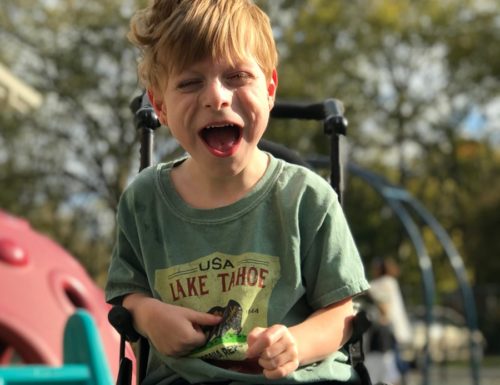
He has a wheelchair which sometimes he feels like pushing, but more often than not, wants to ride around in, directing traffic while I steer. He also has limited language, which is not a problem for me because I have always understood him better than most. I have prided myself on this innate ability to become his autopilot. There’s also the whole firstborn thing. He had me all to himself for two plus years. And for those years, I got really good at meeting those needs.
Maybe it would have been different if the next child had been just one, but that’s not how life played out. With the twins, suddenly my attention was diluted, split between three people who really needed me. But slowly, the twins began to need me less in ways that their brother never did. The began to babble and use words to issue their commands. They crawled and then walked and now run with seemingly limitless reserves of energy. I assumed, obviously erroneously, that they were getting along fine.
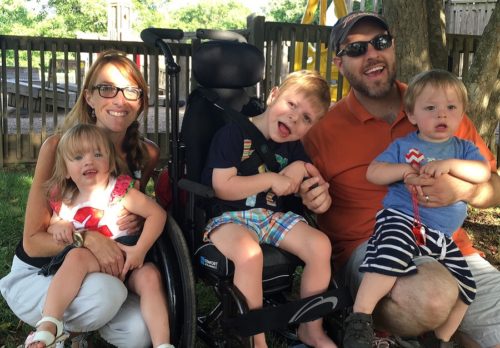
The meeting concludes with a new “plan of action” during naptime that includes counting to ten and deep breathing and headphones, although I am not sure if this is for my son or his teacher.
As my phone has been reminding me, it is time to get my kids. They are on the playground. The twins rush to me in a tackle-hug, but when I pick myself up off the foamy aggregate, I see their brother, snot and tears smeared across his face. I run-walk (because you are not supposed to run on the playground) to him and he buries his face in my hip. When I lift him from his wheelchair, his pants are soaked at the knee from his own crying.
“His internal clock is too good,” his teacher tells me. He has been crying for the last hour, while I sat at the tiny table not twenty feet from him. “He knows when you get here every day,” she says as we walk, the twins at my heels, towards the car.
And this is when the second “aha” hits me, but it feels more like an “erg”. In making my oldest son’s life so easy, so seamless with me, I have failed him too in a way. I have removed the necessary friction he needs to gain strength.
I keep pecking at the shell when what he really needs is space and time to hatch himself. And because that symbiotic relationship was, well, so symbiotic, his brother has had to turn up the volume to catch my attention.
I pause next to the car and hug them all tight.
This parenting gig can be a heartbreaking business. Just when you think you’ve got that knack for things, it changes, or you do, or your kids do, and you realize you must begin again.
It’s okay. We all, parents included, get do-overs. If there’s one thing I can teach them, it is that happy choices and sad choices will be made. Tears will be shed. But trying and failing and trying again is part of life.

Jamie Sumner is a special needs mom, author and blogger.
Discover her new book, Unbound: Finding Freedom from Unrealistic Expectations of Motherhood.
Read her blog, The Mom Gene.
Follow her on Facebook.
For more information, see related articles and resources for children with special needs here:
- A Delicate Balance: Parenting Children with Different Abilities
- 10 Things That Special Needs Parents Never Take For Granted
- Parents of Special Needs Children: Cultivate Your Joy
- Recorded Webinar: Managing Stress as the Parent of a Child with Special Needs Video
- A Delicate Balance: Parenting Children with Different Abilities






